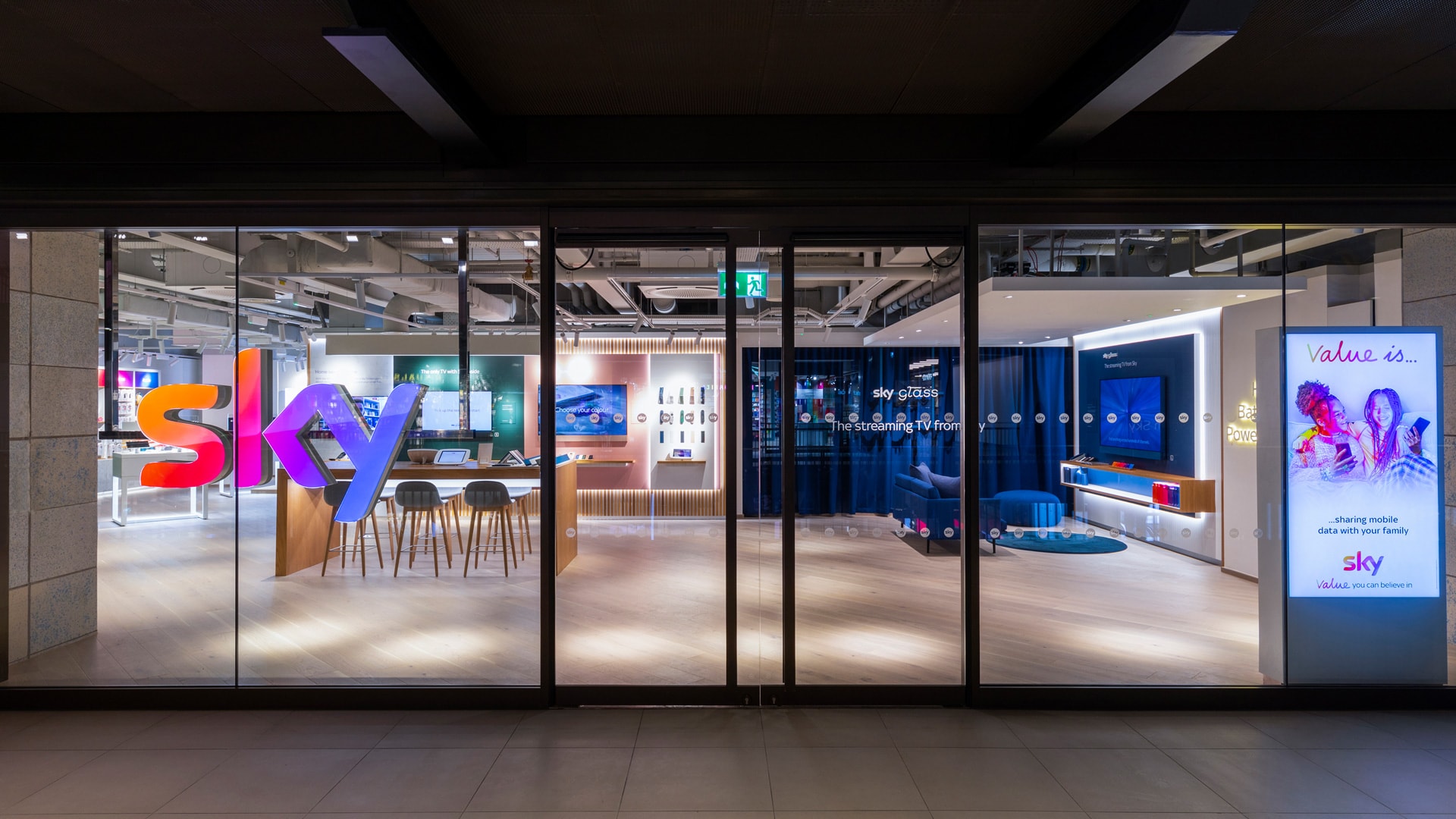Not a joke: Sky TV is now charging £5 to skip ads with no new benefits
Pay more for the same Sky TV service

Watch out, Sky customers, as you might have to start paying extra if you want to keep fast-forwarding through those annoying adverts you’ve been skipping.
One of the main benefits of services like Sky is that you can catch up on the live TV you’ve missed, and better yet you can skip over the adverts that you’d normally have to sit through. Unfortunately, the latter feature is about to change as Sky seems to be following in the footsteps of Netflix and is getting its own version of an ad-supported tier – the only difference is that this one costs the same as what you’re already paying.
Sky introduced the Ad Skipping TV pack earlier this year and bundled it for free with Sky Glass and Sky Stream contracts as part of an “introductory offer”. However, a change to this that happened on November 29 now means that new Sky Glass and Sky Stream customers will no longer be able to skip through adverts when watching TV using Sky’s Restart (Watch from start), Playlist, and Sky on Demand features; unless you pay an additional £5 per month that is. These Sky customers also won't be able to skip through ads when watching content on the ITVX, STV Player, and All4 TV apps without this new add-on – or without paying for the platforms’ ad-free subscriptions separately.
However, Sky has told us that all customers (whether you pay for the Ad Skipping TV pack or not) will be able to fast-forward through ads and catch up with a live broadcast if you used the Live Pause feature to halt it.
What seems particularly egregious about this change is that the now paid-for version of the Ad Skipping TV pack doesn't give you any new benefits, it just puts what you already had behind a paywall. You (understandably) won’t be able to fast forward through ads when watching a live broadcast, and you also won’t be able to skip through ads on services beyond those listed above (so Spotify and YouTube ads will pester you unless you sign up to their ad-free subscriptions).

Thankfully the new fee won’t affect everyone right away.
If you bought a Sky Glass TV before November 29, 2022, and you are still under your initial contract with Sky you’ll be able to skip ads as normal for now. When your current contract term ends though then you’ll have to renegotiate with Sky and decide if you want to pay that additional £5 per month fee for the same privileges.
Get daily insight, inspiration and deals in your inbox
Sign up for breaking news, reviews, opinion, top tech deals, and more.
The same goes for people with Sky Stream contracts from before November 29, 2022; while you are still under those terms you can skip ads as normal but when it ends you’ll lose the feature unless you cough up for the add-on.
Lastly, Sky Q customers aren’t currently affected, with Sky confirming to us that it doesn’t have any plans to roll out the Ad Skipping pack to these customers. So if you're on this package you don't need to worry about paying extra to skip ads for now.
However, if you’re looking to join Sky, or have to renegotiate your contract with it, then you’ll be faced with the £5 monthly fee for the ad-skipping perk (unless you opt for Sky Q). That said if you are an existing customer we’d recommend trying to negotiate with Sky over the phone as you might be able to convince it to waive the Ad Skipping TV pack fee, at least for a little while longer.
Looking to abandon Sky after this latest development? Why not check out some of the best streaming services as alternatives?

Hamish is a Senior Staff Writer for TechRadar and you’ll see his name appearing on articles across nearly every topic on the site from smart home deals to speaker reviews to graphics card news and everything in between. He uses his broad range of knowledge to help explain the latest gadgets and if they’re a must-buy or a fad fueled by hype. Though his specialty is writing about everything going on in the world of virtual reality and augmented reality.